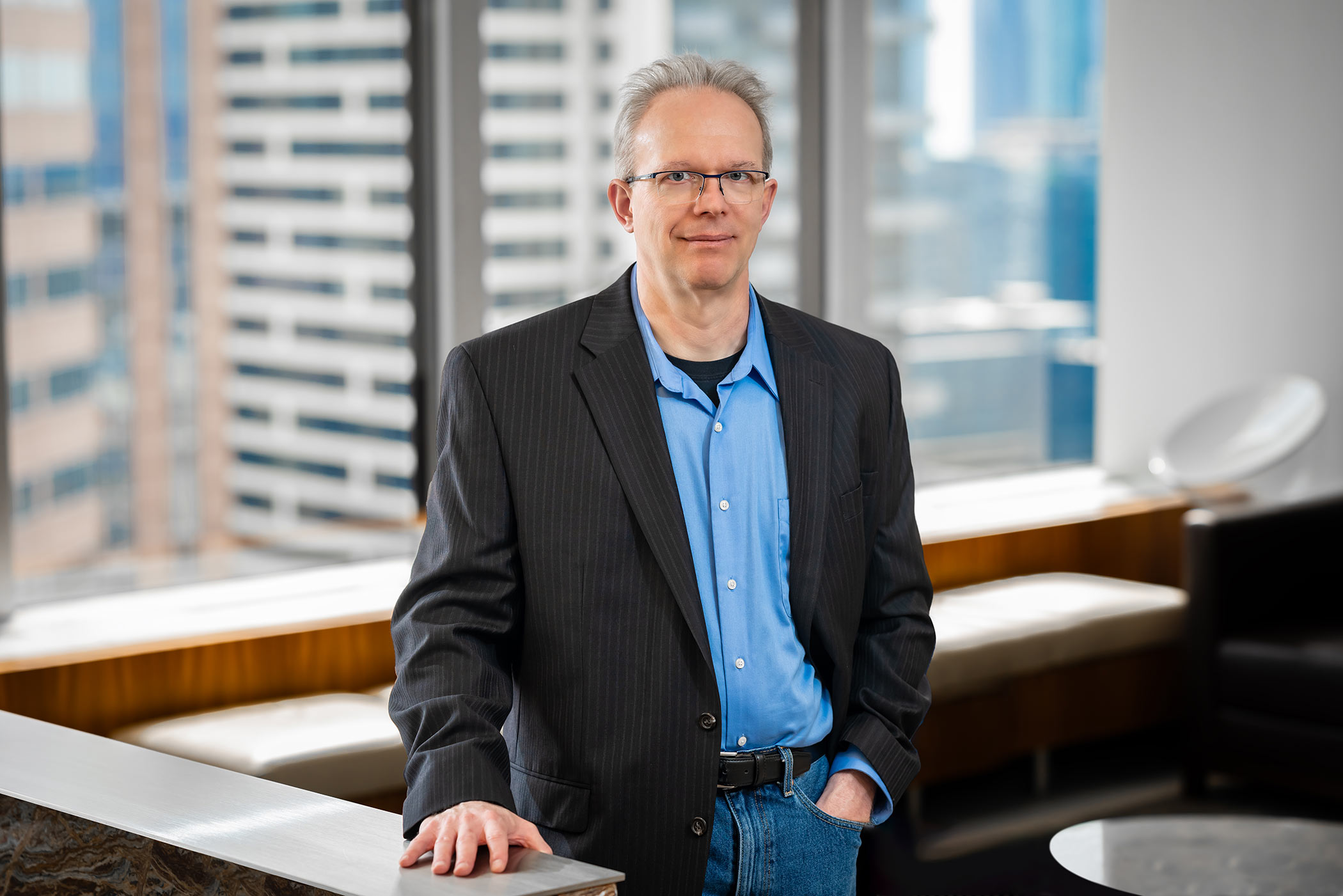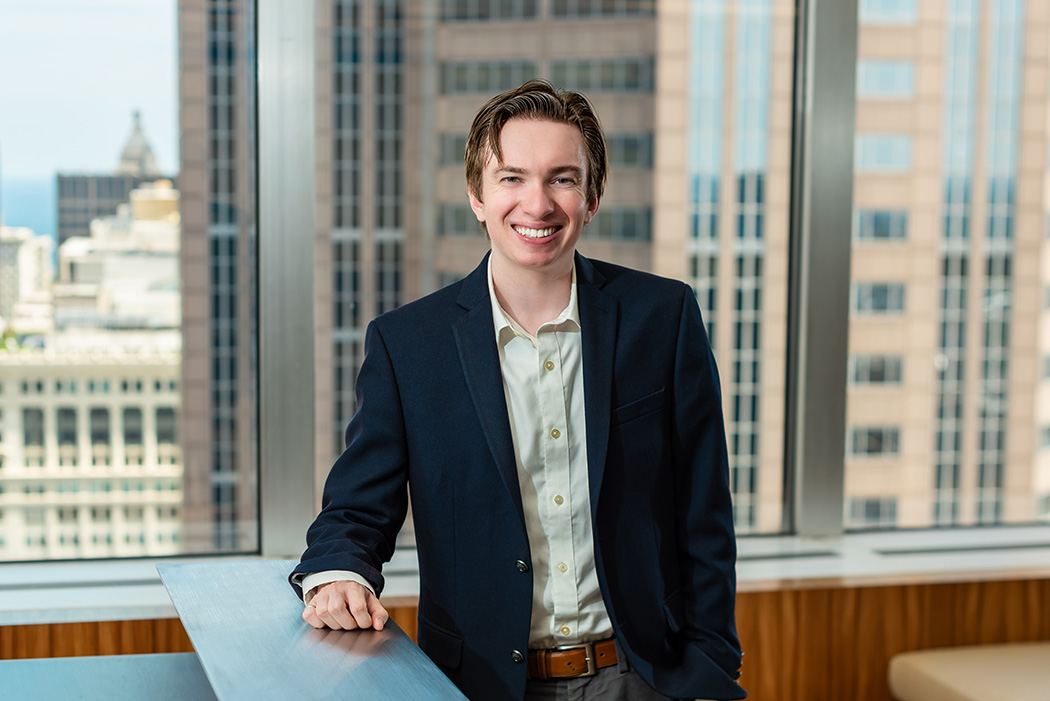AI News Roundup – Political deepfake videos, OpenAI’s superalignment team disbanded, AI technology moving to film production, and more
- May 20, 2024
- Snippets
Practices & Technologies
Artificial IntelligenceTo help you stay on top of the latest news, our AI practice group has compiled a roundup of the developments we are following.
-
- A bipartisan Senate working group has recommended investing over $32 billion annually into AI technology, according to a report from the Wall Street Journal. The AI Working Group, made of Senators Martin Heinrich (D-NM), Mike Rounds (R-SD), Chuck Schumer (D-NY), and Todd Young (R-IN), released a report this past week laying out a road map for AI policy. Besides the investment recommendation (intended to compete with Chinese companies and government AI efforts), the report also calls for up-to-date regulations as the technology advances, subsidizing the development of high-end computer chips, and a series of “AI Grand Challenge” programs intended to promote innovation and new ideas in the AI space. Speaking to reporters, Senator Rounds stated that “this is a time in which the dollars we put into this particular investment will pay dividends for the taxpayers of this country long term.”
-
- Reuters reports that AI-generated “deepfake” videos depicting Indian Prime Minister Narendra Modi and his chief rival in this year’s general election, Mamata Banerjee, dancing on a stage to a Bollywood song has sparked debate over AI usage in the world’s most populous country. While the dancing video was retweeted by Modi’s account on X (formerly known as Twitter), India’s Election Commission has warned politicians against AI use, citing its capability to spread misinformation and “fake news.” An election official, speaking to Reuters, said that the spread of this type of misinformation can be difficult to counter or contain, as the Commission “[doesn’t] have an (adequate monitoring) capacity…the ever-evolving AI environment is difficult to keep track of.”
-
- OpenAI has disbanded its “superalignment” team, dedicated to addressing long-term AI risks, according to a new report from WIRED. This news comes as the co-leaders of the superalignment team, OpenAI chief scientist Ilya Sutskever and researcher Jan Leike, have announced they are leaving the company. Stutskever, a member of the OpenAI board, was part of the effort to oust OpenAI CEO Sam Altman in November 2023. Leike, on Twitter, said that “building smarter-than-human machines is an inherently dangerous endeavor. OpenAI is shouldering an enormous responsibility on behalf of all of humanity. But over the past years, safety culture and processes have taken a backseat to shiny products.” OpenAI declined to comment on the departures of Sutskever, Leike or any other member of the superalignment team, nor did it reveal any new information on its work to ensure AI safety and mitigate long-term risks.
-
- According to The Hollywood Reporter, AI technologies have made their way into film production. This news comes despite the high-profile labor strike by the actors’ union SAG-AFTRA from July to November 2023, which was in part brought about by concerns over the use of generative AI by the filmmaking industry. According to the article, “most corners of production, from writers’ rooms to VFX departments, have embraced generative AI tools.” French screenwriter David Defendi said that “producers, writers, everyone is using AI, but they are scared to admit it publicly,” in part due to the backlash it has generated in the past, especially with regards to how jobs are affected. A survey of 300 Hollywood executives indicated that AI tools supported the elimination, reduction or consolidation of jobs at their companies and that it is estimated that nearly 204,000 positions will be adversely affected in the next few years, including concept artists, sound engineers, and voice actors. In a statement to The Hollywood Reporter at last week’s Cannes Film Festival, Motion Picture Association CEO Charles Rivkin said that “we see AI as a tool and one we think will unlock creativity and opportunity, that will create jobs, not eliminate them,” so long as guardrails are in place and copyright is protected.


